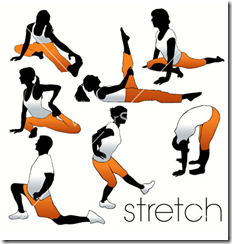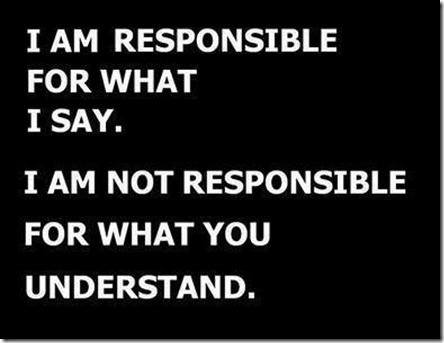Yesterday I heard a friend who is about my age say, “Kids today are just so disrespectful.”
I laughed. I have yet to meet a student more disrespectful than my friends and I were as children.
Earlier in the week another friend said, “I’m old. Okay? The days of staying awake past 1o:00 are over for me.”
I laughed again. I suspect that my friend’s inability to stay awake past 10:00 has less to do with her age (she’s still in her thirties) and more to do with her sedentary existence. If you’re watching four hours of television a day and rarely exercising, it’s not surprising that you’re exhausted at 10:00 PM.
What reason do you even have for staying awake?
In both cases, I couldn’t help but think about how old my friends sound, even though both have yet to reach the ripe old age of 40.
Sadly, this is nothing new. It seems like complaining about one’s advanced years has become more and more common for people in my age bracket, and I am always shocked at how quickly and agreeably people seem to acquiesce to the idea that they are getting old.
Perhaps it’s simply denial, but I feel younger today than I have ever felt before, and I have never once said that I feel old or complained about my age. Doing so has always struck me as surrendering. Giving up. Taking the first step into the grave.
It turns out that my instincts (or serious case of denial) are backed by science.
A study published today in the Journal of Eating Disorders finds that women of all ages complain about being old, and that calling yourself old can make you feel as bad about your body as calling yourself fat. The research links so called "old talk" to greater levels of body dissatisfaction, which can in turn lead to higher rates of eating disorders, anxiety, depression and more physical and mental health problems.
It turns out that even if you feel old, you shouldn’t be talking about it. Doing so can be detrimental to your wellbeing.
While I admit that my avoidance of “old talk” is intentional (and my detestation for it is universal), it’s true that I feel younger today than ever before.
I suspect that the reasons are threefold:
1. My children make me feel young. The endless games of tag with my daughter, the rolling and tumbling on the floors with both kids and the crawling and scraping and sliding through playground equipment often have me feeling like a kid again.
If you’re feeling old, go play with your kids like you are a kid.


2. As a teacher in an elementary school, I often find myself wrapped up in the pursuits of the young. I play four square with the kids at recess. I jump on the stage in the classroom and perform Shakespeare alongside them. I write ridiculous poems and tell crazy stories from my childhood in order to keep them entertained and motivated. I trade merciless barbs with them and laugh at their terrible jokes. All this allows me to remain intimately connected with childhood.
If you’re feeling old, spend more time with children doing the things that children do.
3. My professional life is busier and more fulfilling today than ever before. Between teaching, writing, storytelling, my small business and a myriad of other projects that I have going, I feel more present and connected to the world than ever before.
If you’re feeling old, turn off the television and pursue an honest-to-goodness passion. Paint. Write. Mountain bike. Design an iPhone app. Start a small business with a friend. Become the world record holder in jumping jacks. Volunteer. Do something, damn it.
Just don’t talk about how old you are. For your own sake as well as mine.


















